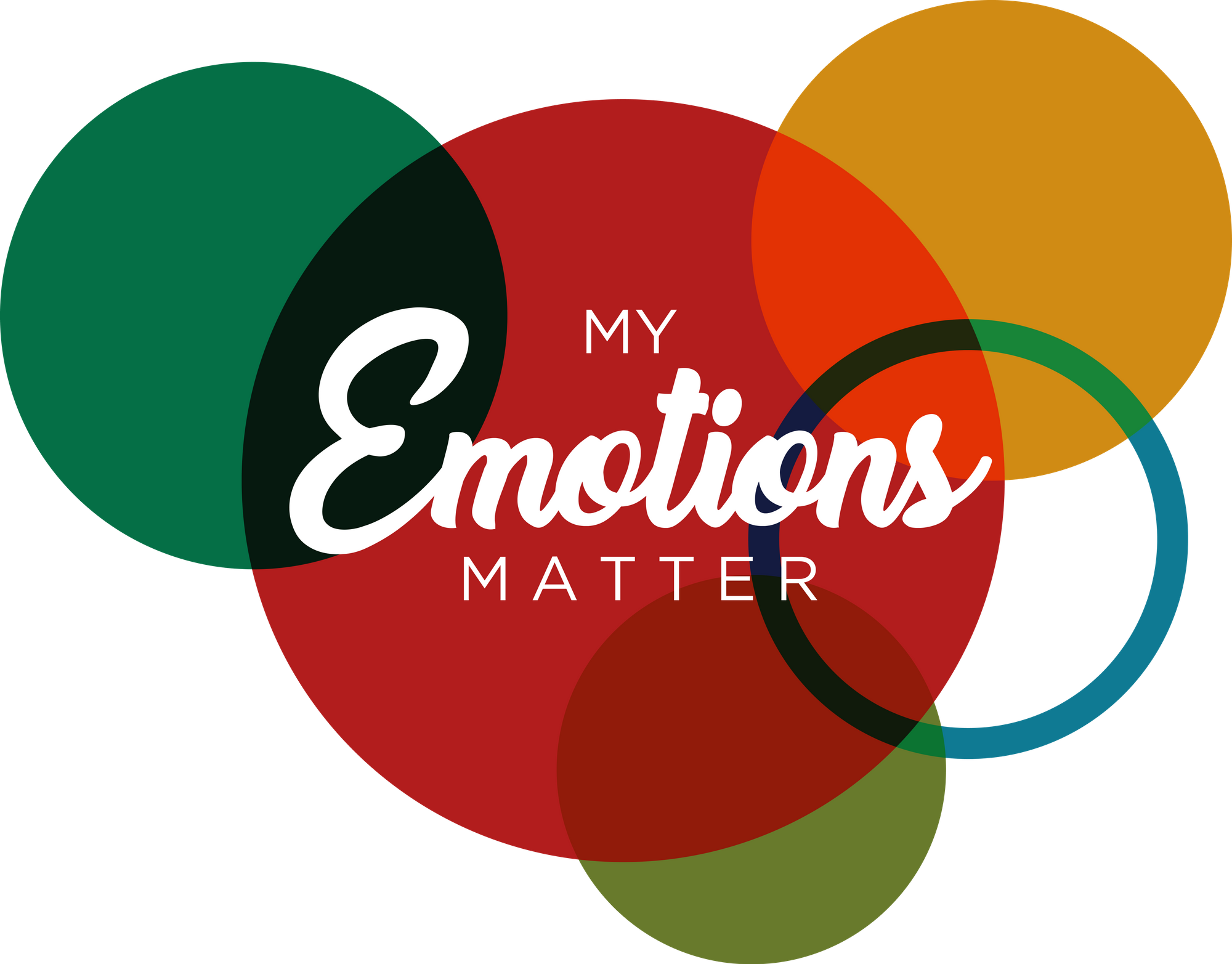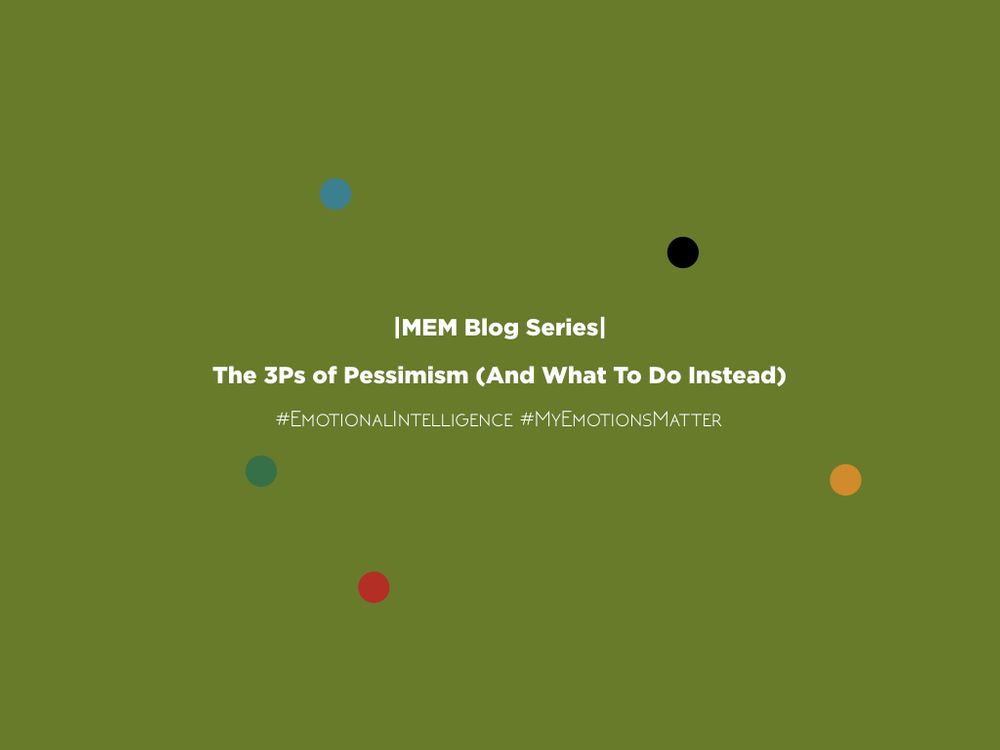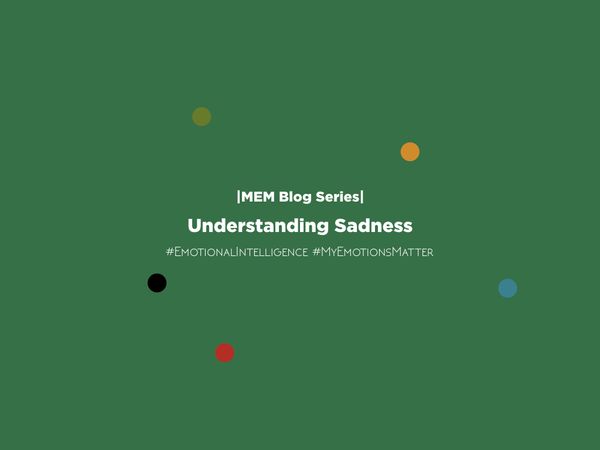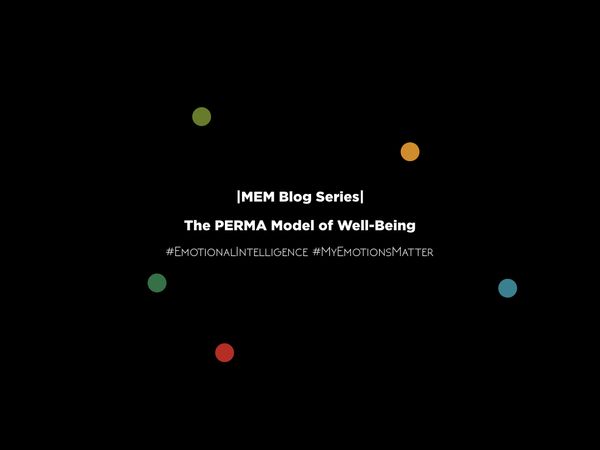The 3Ps of Pessimism (And What To Do Instead)
Have you ever faced a problem that you thought you could never overcome? Did you feel frustrated and helpless in that situation? Did it seem in that moment or phase that there was no light at the end of the tunnel? In retrospect, I can think of many such instances in my life. When I scored low on a Math exam in Grade 9, I thought I could never improve again. When a family member passed away during my late teens, I thought the surmounting despair would never end. When I couldn't study medicine because of missing a scholarship seat by a margin of 2.5 marks despite trying hard for three years to get into medical school, I thought I would never dare to dream again. When I tore my knee ligament a few years back, I thought it was the end of my life then and there.
Feeling pessimistic is common. There could be plenty of reasons why we might feel so, for instance, due to aspects such as the magnitude of the problem, a lack of problem-solving skills, waiting for change without making an effort to create change, the history of the relationship (in the case of interpersonal relationship problems), habitual patterns, mindset, etc.
Let us take a scenario to understand what happens when we are pessimistic. Suppose you and your partner discuss how you are talking to each other less. Both of you blame each other's work, friends, and families to be reasons you do not spend enough time together. Instead of finding a solution, you both end up having a bitter argument.
If you look at this situation pessimistically, you might think in terms of the 3Ps- Permanent (the thinking that a problem will never end), Pervasive (it is going to affect everything and all of our life areas), and Powerful (we can do very little to nothing to make things better).
Permanent: It's all going to go downhill from here!
Pervasive: Our friends are closer to my partner. I don't think I should reach out to them. I'm sure I'll even ruin my presentation at work tomorrow. Great, this is great!
Powerless: I'm just tired of these fights. I don't think I can do anything about this now.
Dr Martin E. P. Seligman, an American psychologist known for his contribution to positive psychology, calls this the '3Ps of Pessimism.' These 3Ps of Pessimism prevent us from seeing that no problem is permanent, they don't affect all the areas of our life, and there is always something within our control that we can do about it.
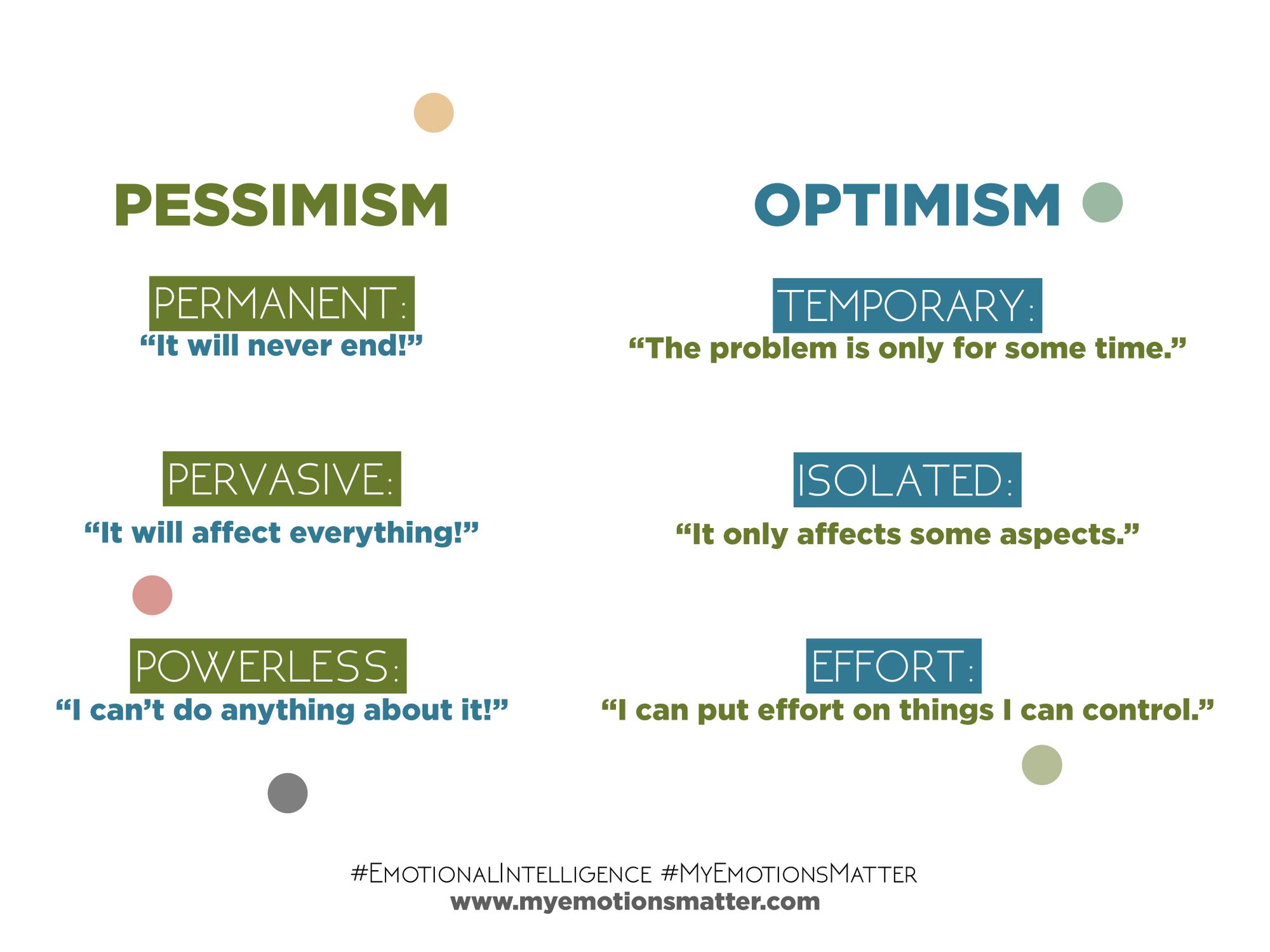
We can overcome the 3Ps of Pessimism with the 'TIE' of Optimism, which can help us look at things optimistically. TIE stands for Temporary (a problem, no matter how big or small, does not always last; it is only for some time), Isolated (it only affects some aspects/areas), and Effort (there are some things always within one's control on which one can focus to make things better). Let's reframe the previous problem with the help of the TIE of Optimism.
Temporary: I am sure we will patch up soon if we work toward having a conversation.
Isolated: Just because we fought- does not mean I can not reach out to our mutual friends. Oh, I also have to work on an assignment. Let me better get to that first!
Effort: I can talk to my partner in a few hours or tomorrow when we're both calm. I hope we can find ways to spend more time with each other.
While a healthy sense of pessimism can be helpful to prepare us for worse situations, having a generally negative outlook can make us victimize ourselves. We might be unable to think through things well and assume that we will always be subject to bad things. We might become rigid and stop working things out because we see no point in doing so. We might also resort to reacting instead of responding.
It can be difficult to remain optimistic when we face difficulty or a problem, but an optimistic outlook can help us take ownership of our reactions. We stop making ourselves victims and blaming people or situations for how things are. We see a range of possible choices on which we can act. We work on what we can do well instead of remaining stuck in all those aspects that seem spiralling out of control. This slight shift of perspective makes us consider all different alternatives rather than just remaining fixated on strategies that don't work.
Think about a situation in your life when you were pessimistic. Can you relate the 3Ps to that situation? How could the TIE of Optimism have helped you look at the same situation with a sense of hope and possibility?
